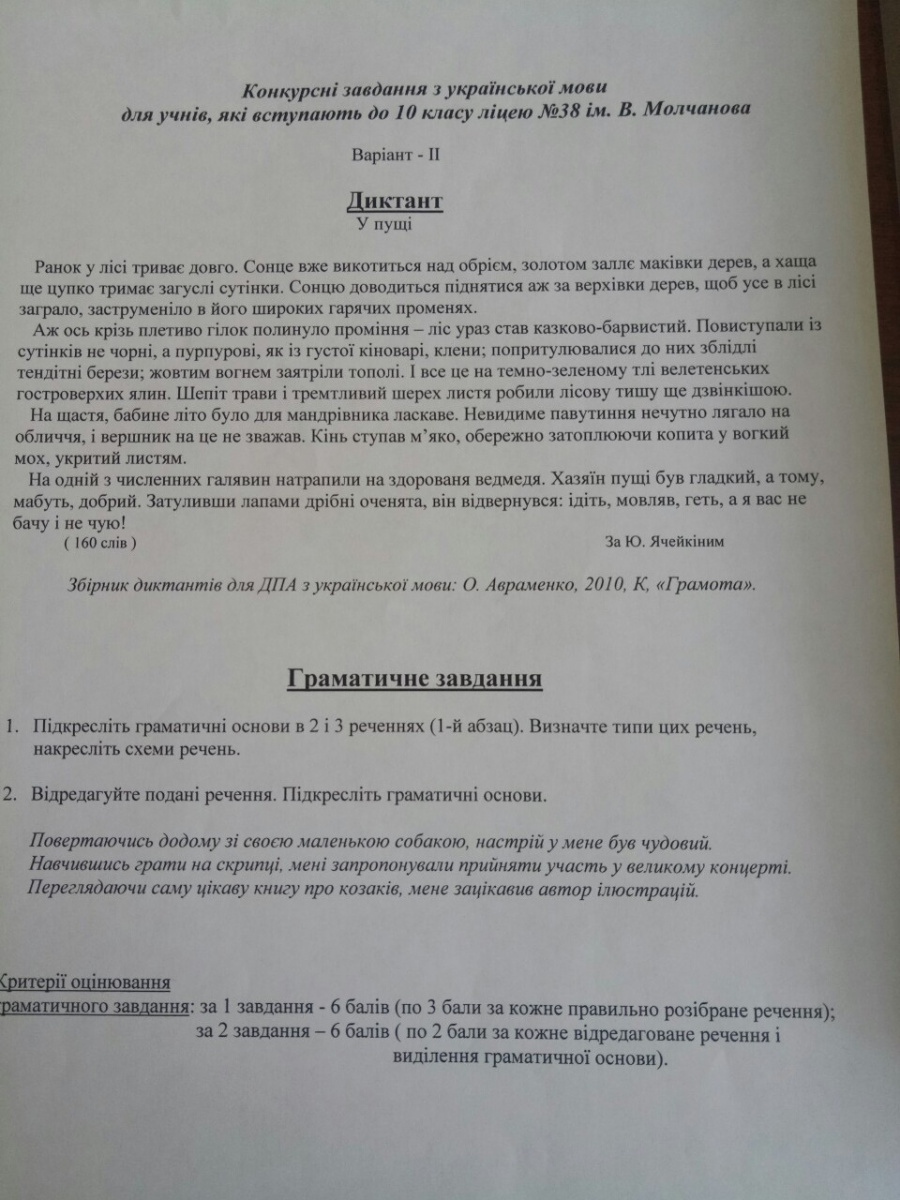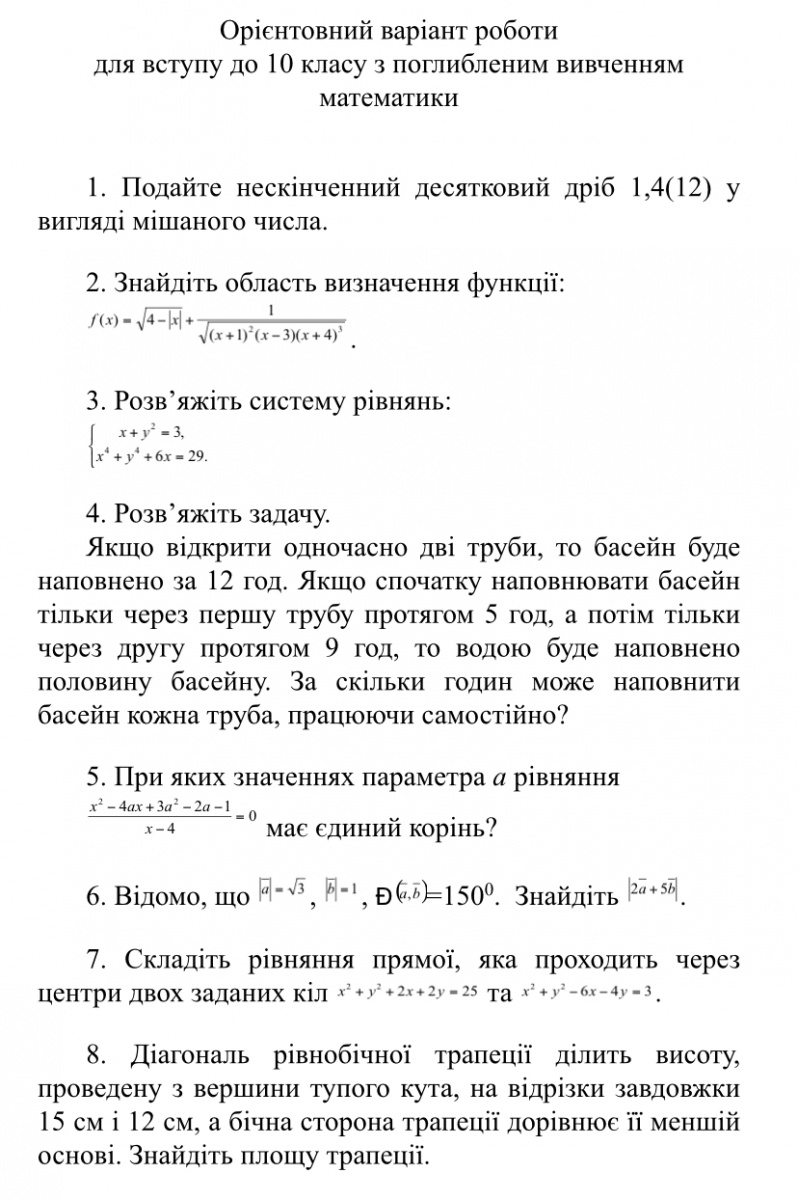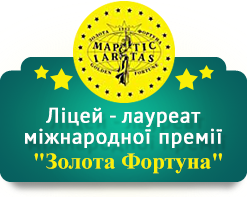

Examination card
Listening
You will hear an interview with a professor on the subject of hearing problems among young people caused by too much exposure to noise. For questions 1-8 choose the best answer a, b or c.
their ears?
c. all 1,000 of them
|
1 |
2 |
3 |
4 |
5 |
6 |
7 |
8 |
Reading
Read the text below and answer the questions 1-8. Choose a, b, c or d.
The Lost World
Somewhere deep in the rainforests of South America lies a mysterious place that time has forgotten – and this is where our expedition was heading. For two days we travelled up a large river, dark in colour, yet transparent, so that one could see the bottom. On either side of the river was thick jungle; the trees were incredibly tall and thick and they seemed to shoot upwards in columns forming a green roof far above our heads. Occasionally, if I looked up, I saw a ray of sunshine through the green branches. As we started walking noiselessly through the thick soft carpet of vegetation, a silence fell upon us and even Professor Challenger’s loud voice sank into a whisper. We passed amazing plant life: vivid orchids and clusters of flowers curled around ancient tree trunks – it was like a fairyland. There was no sign of animal life on the ground, but a constant movement above our heads told us that there existed another world inhabited by monkeys, birds and snakes. At dawn and sunset the monkeys screamed and the parakeets screeched, but during the long slow hours of the day, the buzz of insects, like the crashing of waves, filled our ears. On our third day, we heard something that terrified us. A deep rhythmic beating in the air. Our Indian companions froze with terror; it was as if they had been turned into bronze statues. ‘What is it?’ I asked.
‘War drums,’ replied Challenger. ‘Yes, sir, war drums,’ said our guide Gomez. ‘Wild Indians. They are watching us. They will kill us if they can.’ The drums continued beating throughout the
day. Sometimes they beat quickly, sometimes slowly, at one point, one far to the east let out a
loud, fast beat, which was quickly followed by a deep roll coming from the north. They were
communicating with each other through the drum beats. There was something terribly threatening about those sounds; they seemed to form an endless repetition of Gomez’s words, ‘We will kill you if we can. We will kill you if we can.’ All day we heard the beating of the drums. I learnt that day that despite their constant quarrelling, both Professor Challenger and Professor Summerlee were extremely brave men. While the other members of the group, myself included, shivered with fear, those two men observed and commented happily on the wealth of wildlife that existed in that place. That night we made camp and prepared ourselves for an attack. Nothing came, and as the dawn approached we moved on, leaving the frightening drumbeat behind us. We carried on up the river until we arrived at a shallow stream with a sandy bottom. On either side of it, there was thick luxuriant vegetation. The vegetation overhead formed a natural arch and through this golden tunnel flowed the green river. The river was beautifully coloured by the vivid sunlight from above filtering through the green archway. For three days we travelled through this tunnel of green sunshine until the stream became too shallow and we had to continue on foot. We walked up and up a rocky slope until an open plain came into view.
That night we caught a small pig-like animal, half of which was given to the Indians, while our
share was slowly roasted over a fire. It was a moonless night with a few stars. We huddled
close to the warmth of the fire; our mouths were watering at the thought of our meal when
suddenly out of the darkness something flew into our camp. I felt leathery wings touch my skin and caught a glimpse of red, greedy eyes, a long snakelike neck and razor-sharp teeth. Then, with a flap of wings the monster was gone and so was our dinner.
1. In line 3, what does the word transparent mean?
a. clear
b. pleasant
c. obvious
d. frightening
2. The expedition group
a. could see the animal life.
b. could hear the animal life.
c. knew there was animal life on the ground.
d. were scared of animal life.
3. In the beginning, who didn’t know what the drum beating meant?
a. the Indian companions
b. Gomez
c. Challenger
d. the writer
4. The expedition went on travelling on foot because
a. they didn’t want to make any noise
b. there wasn’t enough water
c. they wanted to watch beautiful nature
d. Indians saw them
5. What did the writer learn about Challenger and Summerlee?
a. They were good friends.
b. They quarrelled with the other members of the group.
c. They were courageous.
d. The beating of the drums upset them.
6. What did the writer find impressive while travelling up the stream?
a. the colour of the trees
b. the drumbeat
c. the strange-looking animals
d. the natural beauty
6.
7. The creature
a. attacked the expedition group.
b. stole their food.
c. injured the writer.
d. looked like a snake.
8. It is evident from the passage that
a. the expedition group had reached a lost world.
b. Challenger disliked the writer.
c. the group were lost.
d. the writer was a fearless man.
|
1 |
2 |
3 |
4 |
5 |
6 |
7 |
8
|
Use of English
Read the text below and decide which answer a, b or c best fits each gap.
A weekend in Reykjavik
Last weekend my sister and I went to Reykjavik in Iceland. Friends who had been there suggested that I should go because it is a(n) (1)………..place to visit. We stayed in
a nice (2)……..located in the main shopping district; this gave us the opportunity to explore plenty of (3)………….shops. My mother (4)……….reservations for us at the
Blue Lagoon, a luxurious spa centre, as a present. (5)………….., we were very excited about it, and afterwards we both felt fantastic! We also went to the Winter Lights Festival, which (6) ………….place while we were there. The festival celebrates winter and the increasing daylight hours after a long period in darkness. On our last day, we (7) ……………..for a walk around Lake Tjornin, which is a small lake in the city centre. Although it was cold, the sky was crystal clear and the sun was shining. It was the perfect ending to a wonderful (8)…………… .
|
1.a. emberrassing |
b. fascinating |
c.disappointing |
|
2. a. hotel |
b. resort |
c. cabin |
|
3. a. interested |
b. interesting |
c. interest |
|
4. a. had been making |
b. was making |
c. had made |
|
5. a. Naturally |
b. Suddenly |
c. Luckily |
|
6. a. had been taking |
b. was taking |
c. had taken |
|
7.a. had gone |
b. were going |
c. went |
|
8.a. tour |
b. outing |
c. trip |
|
1 |
2 |
3 |
4 |
5 |
6 |
7 |
8 |
Total ____________/24




